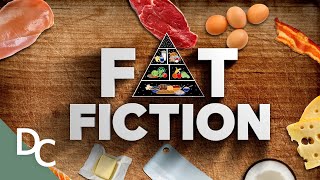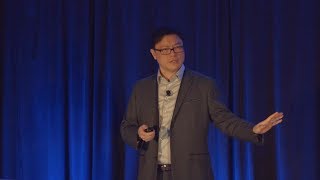The standard approach treats high blood sugar with medications while ignoring what caused it: chronically high insulin. A different approach—addressing the root cause—achieves remission rates up to 46% in real-world settings. Here's the evidence most doctors never see.
Type 2 Remission
Type 2 diabetes remission means achieving non-diabetic blood sugar levels (HbA1c below 6.5% or 48 mmol/mol) without diabetes medications for at least three months. Research shows that 20-46% of people with type 2 can achieve remission through carbohydrate restriction, with some maintaining it for years. This challenges the old view that type 2 is inevitably progressive—the disease often reverses when you remove the dietary trigger. Remission doesn't mean 'cured' since blood sugar can rise again if carb intake increases, but it demonstrates that the underlying metabolic dysfunction can be reversed.
Article (1)
Video (2)
Dr. Jason Fung’s main message in this video is that type 2 diabetes and insulin resistance are not chronic, irreversible diseases—contrary to popular belief, they can be reversed by changing how we eat.

Fat Fiction
The Low Fat Diet Is Genocide
Conventional dietary guidelines promoting low-fat, high-carb eating are founded on flawed, cherry-picked science, leading to soaring rates of obesity and Type 2 diabetes, while decades of research confirm that saturated fat does not cause heart disease.
Research (3)
A 5‑year very‑low‑carb, remote‑care program for type 2 diabetes showed durable benefits: 20% remission among completers, 33% reached HbA1c <6.5% with no meds or only metformin, alongside less medication and improved heart‑risk markers.
Lower‑carb guidance in a UK GP practice led to 46% drug‑free type 2 diabetes remission and 93% normalization of prediabetes, with significant drops in HbA1c, weight, BP, and triglycerides.
Low-carb diets match or beat low-fat for Type 2 diabetes—often cutting meds and improving HbA1c—without evidence of increased cardiovascular risk.
